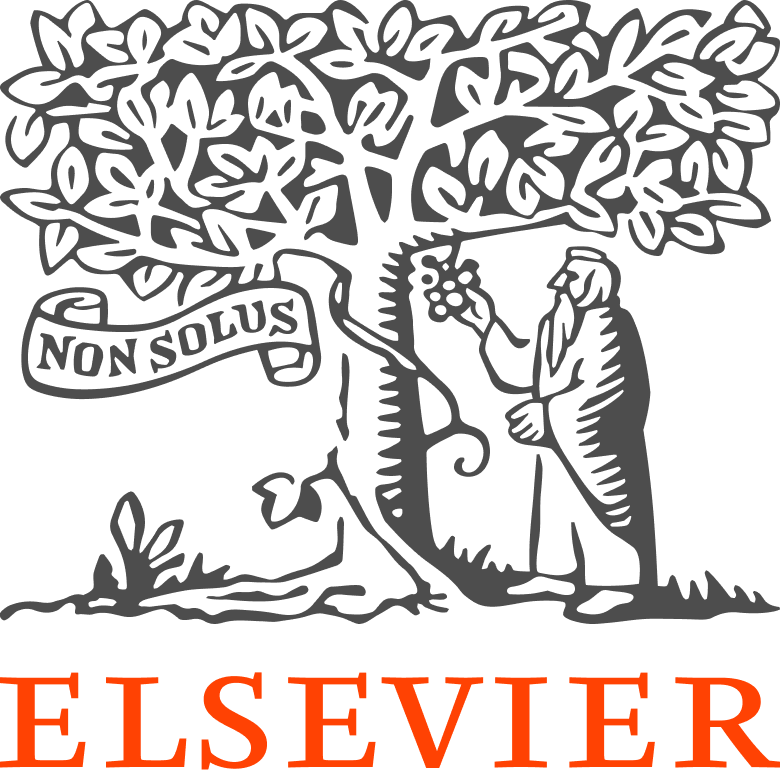How Can We Help?
Accurate Metrics in Digital CommonsAccurate Metrics in Digital Commons
Demonstrable, accurate, up-to-the-minute data about your institution’s scholarly impact is more important than ever. It’s also never been more challenging.

Only 39% of downloads are verified human activity.
Spiders, bots, and crawlers
Just like not all bacteria are “bad,” some non-human activity is beneficial to your online content. For example, Google crawlers are instrumental in maintaining high discoverability through Google’s search engine. But a growing number of increasingly sophisticated agents are inflating download counts for open access material. How inflated? Using our filtering methodology, which is the most stringent in the industry, we end up with about 39 intentional human downloads for every 100 unfiltered or “raw” downloads.
Scalable, real-time filtering
We work with over 600 institutions and have a penchant for building visualization tools fed from live data—so no one has to manually pore over last month’s download data and determine whether particular articles logically drew as wide an audience as their downloads suggest. To help make sense of the data, we’ve developed a real-time filtering method that we continue to improve on as we (and the pesky bots) learn and grow.
Wheat from chaff
How do we tell human readers from machines? We could, of course, require logins and passwords, but we think that makes open access a little less open. So we track patterns of human and non-human activities to build an ever-evolving process. We build on existing COUNTER standards, which are designed to eliminate erroneous human usage patterns, to remove machine readers as well. We:
- Review any downloads above a threshold percentage of readers coming from a given IP, excluding the host IP
- Remove downloads as per COUNTER standards
- Remove downloads from known robots and programs
- Remove downloads from Digital Commons employees (local and remote)
Want to know more?
If you want to get an even deeper dive into what we do, you can watch our Bot Shields: Activate! webinar on download filtering (a reprisal of a presentation at Open Repositories 2016) to learn more about our process.
 Digital Commons Help Center
Digital Commons Help Center